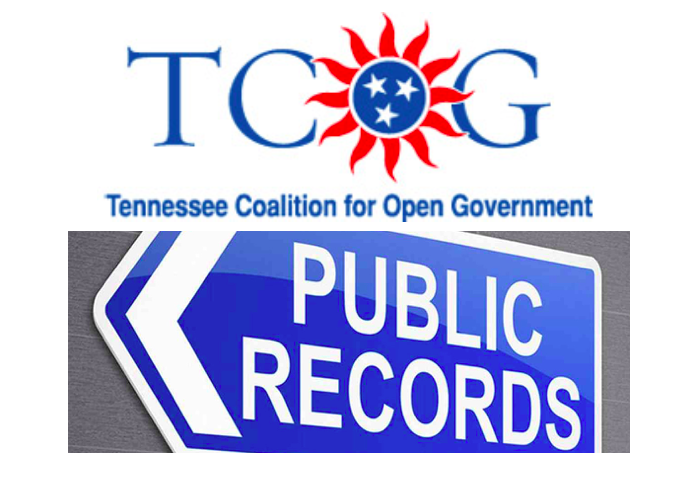
State lawmakers have filed a raft of bills for this legislative session aimed at changing public access to public records, everything from the details of economic development projects to footage captured from police-worn body cameras.
Officials with the nonpartisan Tennessee Coalition for Open Government (TCOG) listed a couple of dozen bills this week that they will be watching this session from about 75 bills that have been filed overall that pertain to open records. If the bills are passed, they will have concrete impacts in Memphis.
Here’s a selection of those bills from TCOG:
Economic development records
HB 947/SB 1179 – Rep. Sam Whitson (R-Franklin), Sen. Joey Hensley (R-Hohenwald)
Makes confidential county and municipal records related to economic development. Part of this bill would make confidential any county or city economic development contracts, agreements and related records until after a contract is entered into.
The other part of the bill allows a county or municipality to keep any documents confidential after a contract is signed for a period of five years if chief executive officer of the county or city determines that “a document or information is of such a sensitive nature that its disclosure or release would seriously harm the ability of the county (or municipality) to compete for or execute agreements or contracts for economic or community development.”
Certain information would never become public, including trade secrets received, maintained or produced by the county or municipality, or any company records containing marketing information or capital plans that the company wishes to remain confidential.
Public records requests
HB 58/SB 464 – Rep. Courtney Rogers (R-Goodlettsville), Sen. Mike Bell (R-Riceville)
Requires records custodians to accept requests through all official modes of communication, including in person, telephone, fax, email or other electronic means.
If a custodian requires that a request for copies be made on a form developed by the office of open records counsel, then the records custodian shall provide such form in the “most expeditious means possible” when the form is requested.
Officer-involved shootings
HB 277/SB 1039 — Rep. G.A. Hardaway (D-Memphis), Sen. Lee Harris (D-Memphis)
Requires Tennessee Bureau of Investigation’s (TBI) “investigative record” to become public after completion of an investigation by the TBI into an officer-involved shooting death.
Access to bill modifications
HB 1074/SB 320 – Rep. Sherry Jones (D-Nashville), Sen. Lee Harris (D-Memphis)
Authorizes the public to access the legislation dashboard used by lawmakers in the General Assembly in the same manner as lawmakers do so they can see amendments to bills.
Voting records of lawmakers
HB 1186/SB 322 – Rep. Jason Powell (D-Nashville), Rep. Lee Harris (D-Memphis)
Requires the joint Legislative Services Committee to publish on the General Assembly website the floor voting record of each member following the conclusion of each annual or extraordinary session of the General Assembly.
Meetings to raise taxes
HB 974/SB 909 – Rep. Courtney Rogers (R-Goodlettsville), Sen. Mike Bell (R-Riceville)
Requires any property tax increase to be passed by two-thirds majority of the local legislative body at two consecutive, regularly scheduled meetings. Authorizes referendum on the question if tax increase is not approved by two-thirds vote.
HB 1363/SB 1373 – Rep. Bo Mitchell (D-Nashville), Sen. Richard Briggs (R-Knoxville)
Requires members of the General Assembly to disclose travel expenses paid by certain national organizations within 10 business days of returning from the trip.
Public participation
HB 406/SB 548 – Rep. Mike Carter (R-Ooletwah), Sen. Bill Ketron (R-Murfreesboro) – Enacts the Public Participation Protection Act — anti-SLAPP bill.
This bill is intended to protect those who speak out in public on matters of public concern from lawsuits by those targeted by that speech.
Similar laws are now enacted in about 29 states and the District of Columbia, according to the American Legislative Exchange Council (ALEC), a proponent of the bill.
The Society for Professional Journalists, also a proponent of the law, said developers and other commercial entities are usually the plaintiffs in these lawsuits, known as SLAPP suits and they most often claim they’ve been libeled, or that the speech interfered with a contract.